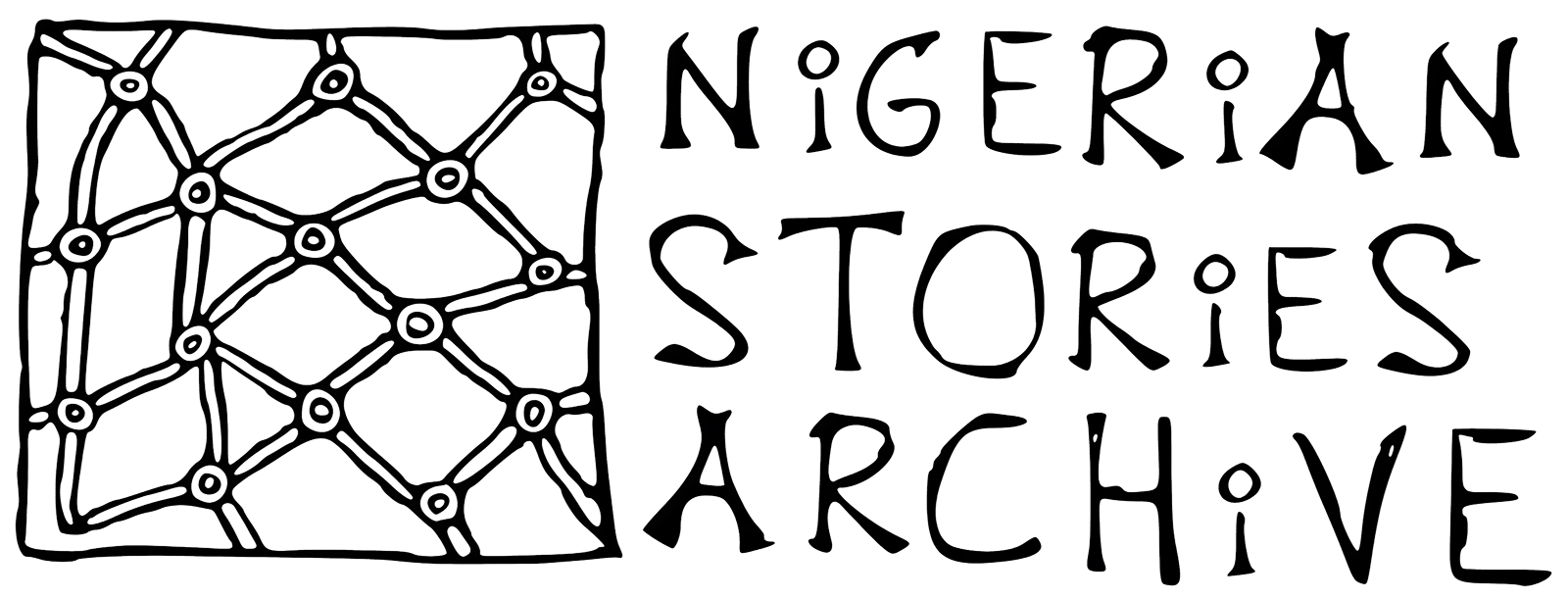The
Nigerian
Stories Archive
Preserving oral histories that shape Nigeria’s past, present and future.
Your Story Matters
Help preserve Nigeria’s history through your personal experience. Your voice deserves to be heard and remembered. Have someone in mind? You can nominate them to be interviewed
